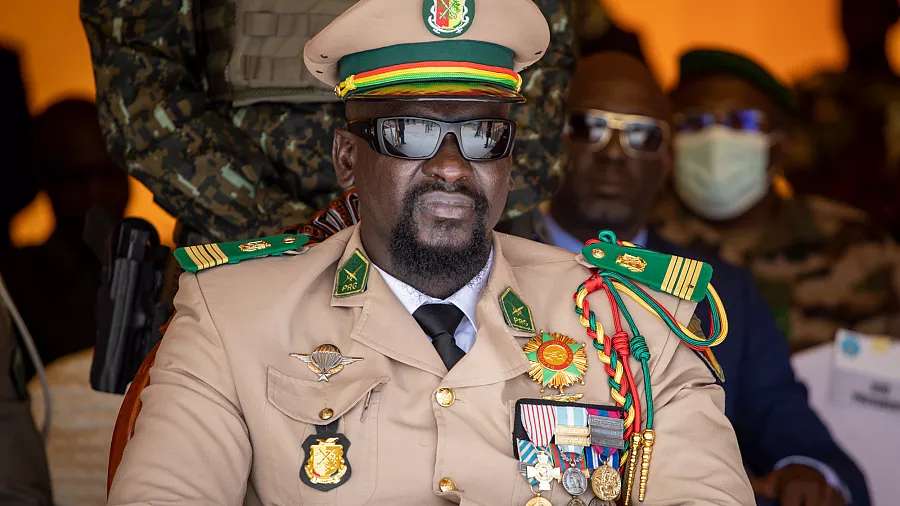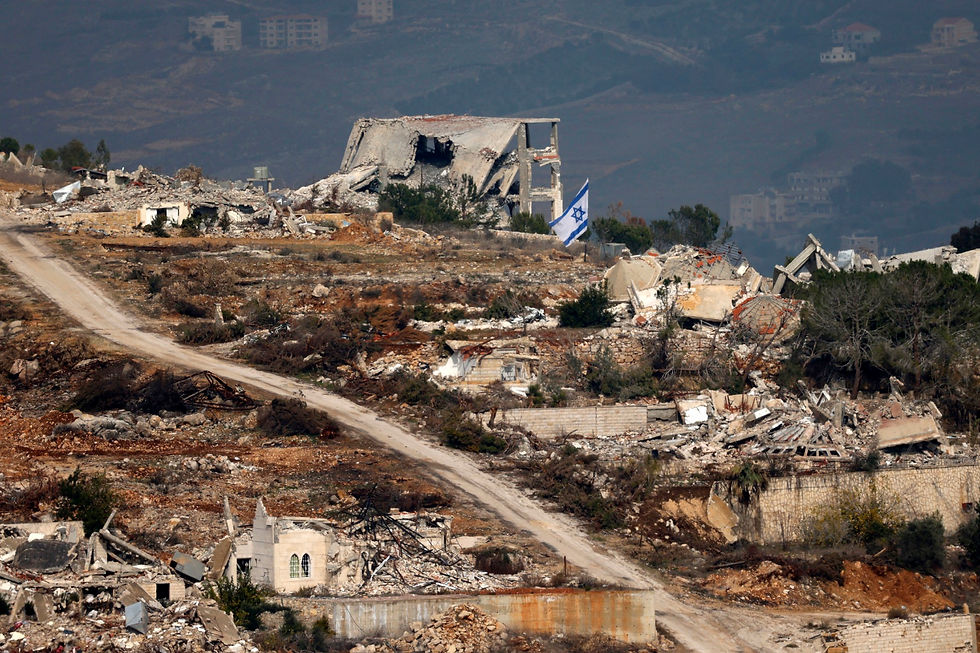Weekly update (15th-21st September)
- Sep 22, 2025
- 2 min read
Updated: Oct 14, 2025

Arab–Islamic emergency summit in Doha
On 15 September, leaders from across the Arab and Islamic world convened in Doha after an Israeli strike targeting Hamas officials in Qatar. The summit called for coordinated diplomatic action and debated reducing reliance on Western security guarantees.

Philippine anti-corruption protests intensify
Throughout the week, thousands of Filipinos took to the streets of Manila and other major cities to protest alleged corruption in public infrastructure projects and flood control spending. The demonstrations, initially student-led, grew into a wider movement demanding accountability and transparency. The government responded with concessions, including a formal inquiry into procurement practices, but public distrust in political elites remains high.
EU weighs tighter Russia sanctions; LNG ban proposed
On 19 September 2025, the European Commission presented a draft for its 19th package of sanctions against Russia, focusing on energy revenues and sanctions evasion. The proposal reportedly includes plans to bring forward a full EU ban on Russian LNG imports to 1 January 2027, along with tighter measures on shadow shipping fleets, crypto platforms, and additional Russian banks. EU officials also suggested that the bloc is considering measures targeting certain third country refiners and traders, although no specific companies or countries were named. While details remain under negotiation among member states, the draft provides evidence to the EU’s intent to close enforcement loopholes and maintain pressure on Moscow’s war economy.

Guinea consitutional referendum
On 21 September 2025, Guinea held a constitutional referendum proposed by junta leader Colonel Mamadi Doumbouya. The new constitution extends presidential terms to seven years (renewable once), allows junta members to run for office, and grants them amnesty for actions during military rule. Conducted under heavy restrictions on opposition and media, the vote reportedly saw around 90 % support with turnout near 90 %. Critics condemned the process as an attempt to legitimise and extend junta power, while authorities framed it as a step toward restoring constitutional order.


